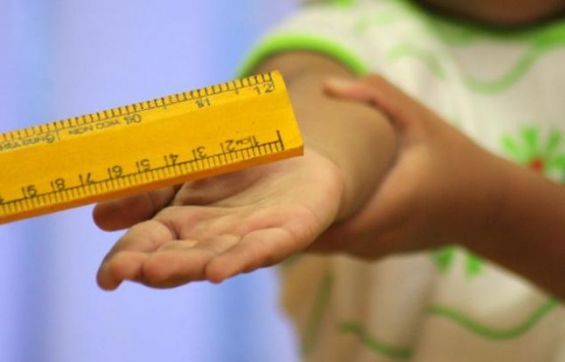Earlier this week, the photos of a primary school student flooded social media platforms in Morocco. The pictures were deemed shocking as they showed the 8-year-old girl with dark bruises around her eyes.
As the family of the Taroudant student accused her first grade teacher of hitting their daughter, the local authorities opened an investigation, arresting the man a few days after the pictures were released. The first hearing of said teacher has been scheduled for January 20.
Meanwhile in El Jadida, a first instance court has sentenced a young man to three months in prison for calling students, in a viral video, to «physically harm» their teachers. The convict, who lives in Bir Jdid, was arrested in December 2019, after he posted a video in which he urged schoolgoers to «hit, punish and harm» their teachers and instructors.
Although these two cases took place in different regions and under different circumstances, they both have to do with school violence, an issue that involves bullying, verbal and physical altercations within the educational system.
In Morocco, the problem is real and should be thought about thoroughly, to understand the reason behind the use of violence.
Failed communication
To Moroccan psychosociologist Mohcine Benzakour, using violence to maintain order in the classroom or to punish students happens when teachers «fail to communicate». He believes that teachers, students or people in general who choose to deal with their problems using violence are «either sick or unable to find solutions».
This behavior «leads to the incidents that occur within the Moroccan educational system and which involve mutual violence, with students that hit their teachers and vice versa», the expert explained.
«The relationship between the two parties [teachers and students] becomes, in this case, based on intimidation and violence», he pointed out.
However, other reasons can lead to the use of violence within classrooms. Benzakour believes that justifying violence, elsewhere in our society, is also a major problem that enhances it within our schools.
«Some parents incite teachers into beating their children and legitimize beating through a religious discourse, which is not religious at all», he argued. «We often link violence to education and discipline in Morocco, and that is completely wrong», he explained, adding that «non-violent communication is all we need» to convey messages and values in a sane way.
Falling for vengeance
School violence to Dr Abdeljabbar Choukri, who is specialized in psychology and sociology, can be blamed on different other factors. One of them is the situation of teachers in Morocco and the way they are treated.
«Sometimes teachers attend their classrooms with a series of problems and challenges in mind», he explained. «Family issues, the small wages and the other difficulties linked to everyday life and to their profession can get into the way of some teachers and make them overreact in aggressive ways or fall for vengeance», Choukri told Yabiladi.
While condemning these behaviors, Choukri explained that sometimes, «teachers are not heard by their administration when they are faced with difficult students or when they find themselves unable to communicate» and that can make them see violence as the only solution to maintain order in their classrooms.
But to overcome such situations, the doctor believes that pedagogy trainings must be sustainable and constant for teachers to help them correct some of their methods and adopt new and positive ones.
Positive approaches
Talking about positivity, Moroccan pedagogue and researcher Malika Bendher believes that it is the only thing teachers should think of when dealing with pupils. «Violence begets violence», she told Yabiladi, commenting on the several recent situations.
«By hitting their students, teachers hurt themselves in the first place and then hurt their students and make of school and the process of learning a negative experience», Bendher said.
To her, instead of using violence, teachers must think of «positive ways and ideas, through which they can convey the same messages». «These methods can include, fruitful assignments and can also include other ways of punishing», she added.
The researcher believes that «teachers can assign students they would rather use violence against, missions and make them head creative clubs to make them feel that they can be responsible». «This will help them use their energy in something that is fruitful and positive», she added, stressing that «violence is an unacceptable approach».





 chargement...
chargement...












